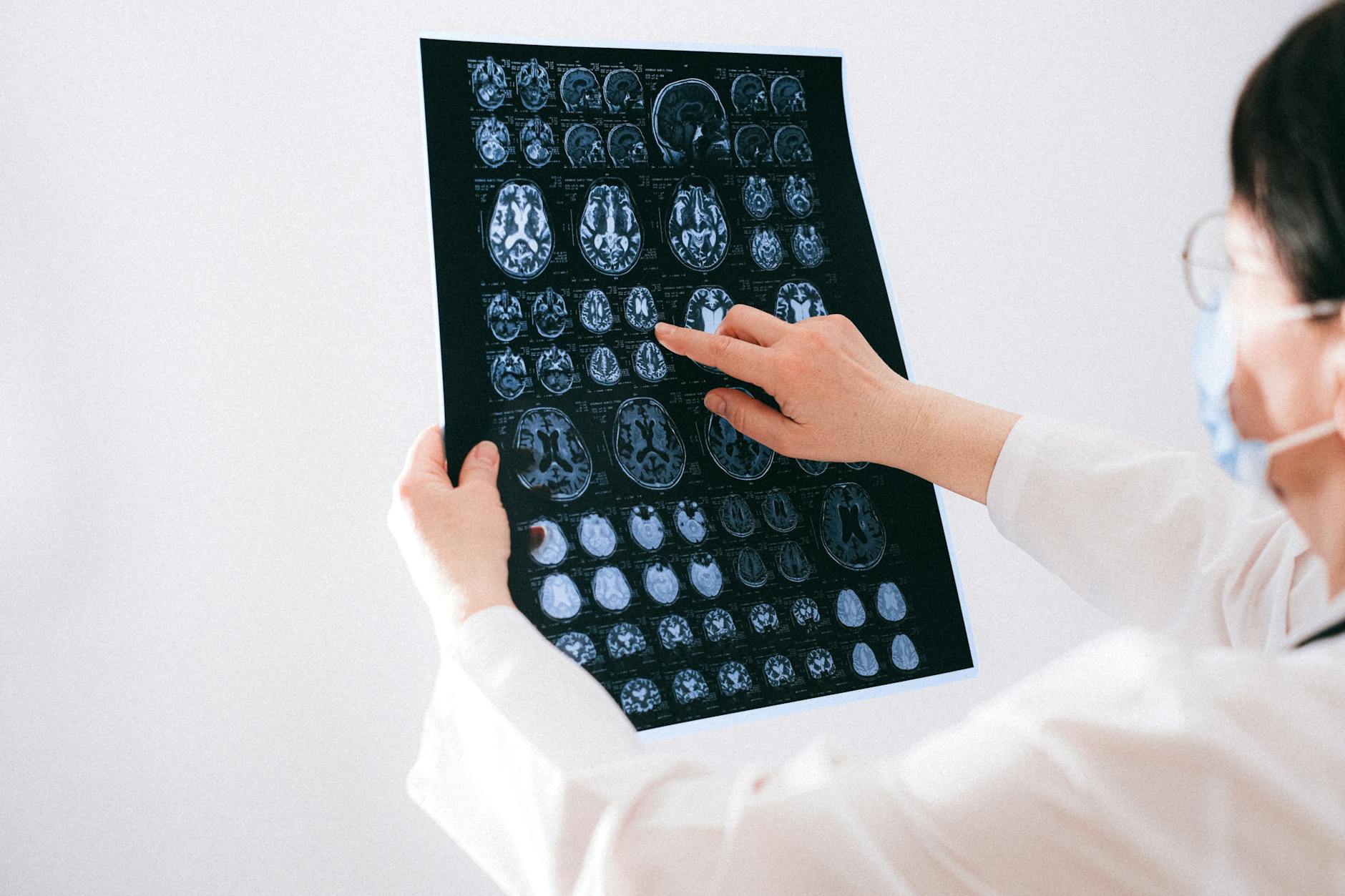Discover the hidden truth behind Parkinson’s disease – from early warning signs to innovative treatment breakthroughs. Unveil the mystery now!
Table of Contents
- What is Parkinson’s Disease?
- What are the Symptoms of Parkinson’s Disease?
- How is Parkinson’s Disease Diagnosed?
- What are the Treatment Options for Parkinson’s Disease?
- What Lifestyle Changes Can Help Manage Parkinson’s Disease?
- What Support Resources are Available for Individuals with Parkinson’s Disease?
What is Parkinson’s Disease?
Parkinson’s Disease is a neurodegenerative disorder that affects the central nervous system. It is characterized by tremors, rigidity, slowness of movement, and difficulty with balance and coordination. The symptoms are caused by a lack of dopamine, a chemical messenger in the brain that helps with smooth, coordinated muscle movements.
What are the Symptoms of Parkinson’s Disease?
Early symptoms of Parkinson’s Disease may be subtle and go unnoticed. They can include:
- Tremors or shaking in the hands, arms, legs, jaw, or face
- Bradykinesia – or slow movement
- Muscle rigidity
- Postural instability
As the disease progresses, symptoms may worsen and contribute to difficulties with walking, balance, and coordination. Some individuals may also experience non-motor symptoms such as depression, anxiety, sleep disturbances, and cognitive changes.
How is Parkinson’s Disease Diagnosed?
Diagnosing Parkinson’s Disease can be challenging since there is no specific test to confirm the disease. Typically, a neurologist will review medical history and conduct a physical and neurological examination to assess symptoms and function. Imaging tests such as MRI or CT scans may also be used to rule out other conditions.
What are the Treatment Options for Parkinson’s Disease?
While there is no cure for Parkinson’s Disease, treatment aims to manage symptoms and improve quality of life. Medications such as Levodopa, Dopamine Agonists, and MAO-B Inhibitors are commonly prescribed to help increase dopamine levels in the brain.
| Unveiling the Mystery: Understanding the Symptoms and Treatment Options for Parkinson’s Disease | ||
|---|---|---|
| Symptom | Description | Treatment Options |
| Tremors | Shaking or trembling in hands, arms, legs, jaw, or head | Medications, physical therapy, deep brain stimulation |
| Bradykinesia | Slowed movement and difficulty starting movement | Medications, exercise, occupational therapy |
| Rigidity | Stiffness in the limbs and trunk | Medications, stretching exercises, massage therapy |
| Postural Instability | Impaired balance and coordination | Physical therapy, gait training, assistive devices |
Physical therapy, speech therapy, and occupational therapy can also be beneficial in managing symptoms and maintaining function. In some cases, surgical interventions such as Deep Brain Stimulation may be considered to help control motor symptoms.
What Lifestyle Changes Can Help Manage Parkinson’s Disease?
Adopting a healthy lifestyle can play a critical role in managing Parkinson’s Disease symptoms. Regular exercise can help improve mobility, balance, and overall well-being. A balanced diet rich in fruits, vegetables, and whole grains can provide essential nutrients to support brain health.
Staying socially engaged and participating in activities that bring joy and fulfillment can also help manage stress and improve mental well-being. Getting an adequate amount of quality sleep is important for overall health and can help manage symptoms such as fatigue and mood disturbances.
What Support Resources are Available for Individuals with Parkinson’s Disease?
Connecting with support groups, online forums, and organizations such as the Parkinson’s Foundation can provide valuable resources, information, and a sense of community for individuals living with Parkinson’s Disease. Caregiver support is also crucial in helping individuals manage the challenges of the disease and maintain quality of life.
FAQ
Can Parkinson’s Disease be cured?
While there is no cure for Parkinson’s Disease, treatment options are available to manage symptoms and improve quality of life.
What are the risk factors for developing Parkinson’s Disease?
Risk factors for Parkinson’s Disease include age, genetic factors, environmental toxins, and head injuries.
Is Parkinson’s Disease hereditary?
While most cases of Parkinson’s Disease are sporadic, a small percentage of cases are believed to have a genetic component.
How can I support a loved one with Parkinson’s Disease?
Supporting a loved one with Parkinson’s Disease involves providing emotional support, helping with daily tasks, and connecting them with resources and support groups.





